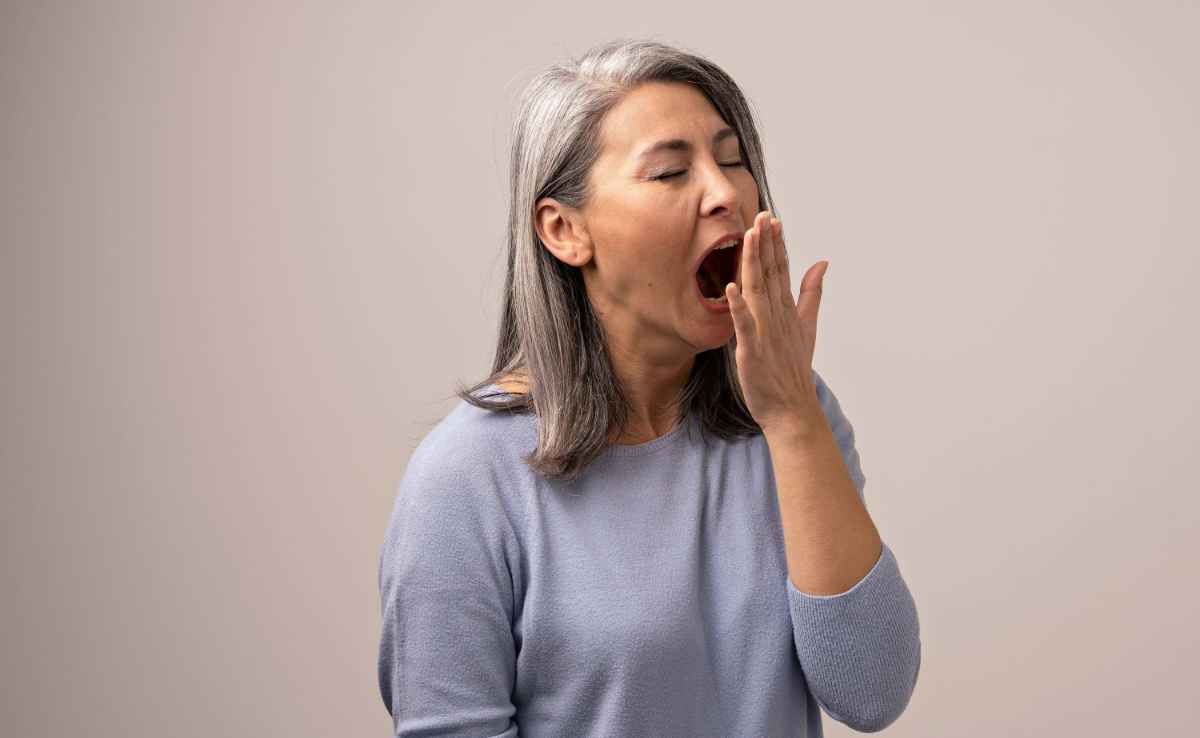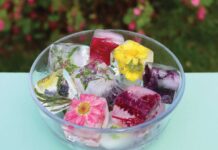When you’re tired, it’s tempting to reach for the nearest sugary snack to deliver a quick burst of energy. Particularly in January, when the days seem to drag on forever and there’s all that leftover Christmas chocolate lying around.
But you just know you’re going to regret your decision when, not long after, your blood sugar levels spike then come crashing down – and you’re even more sleepy than before.
What we really need at this time of year are nutritious nibbles that fuel the body steadily, so you can munch between meals without risking a mid-morning or afternoon slump.
Best health energy snacks
So what are the best foods for snacking sensibly? We asked experts for their energy-boosting ideas…
1. Popcorn
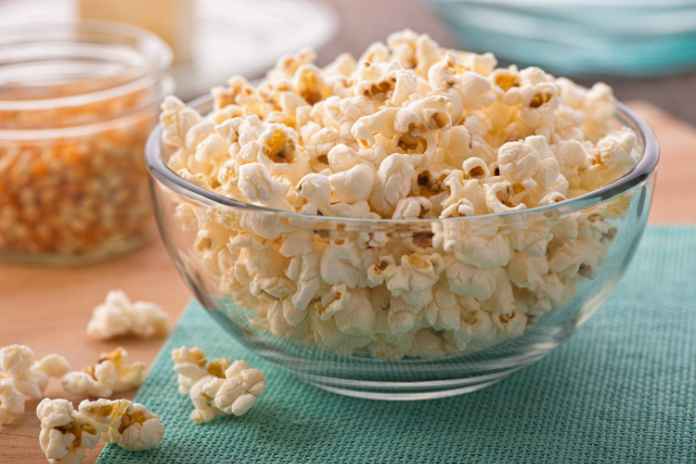
“This often overlooked treat is amongst the healthiest snack choices,” says qualified holistic nutritionist Alison Cowell – but she doesn’t mean processed popcorn covered in “salted caramel, toffee, or any other artificial flavourings or fats”.
Homemade popcorn, however, is “high in fibre and will provide you with a range of nutrients, including magnesium, zinc, iron and B vitamins. A cupful will satisfy your cravings and keep that afternoon slump at bay.”
2. Nuts

GP Dr Sarah Brewer, who is working with keto snack brand Fatt, says nuts can be a good alternative to sugary or fatty biscuits or cakes: “The high protein and fibre content makes them a satisfying snack and they contain nutrients such as vitamin E, potassium and magnesium. Nuts also provide protein, essential fatty acids, and important trace elements such as selenium.”
It’s important to not go overboard though and stick to a portion size of around 40g.
3. Chickpeas
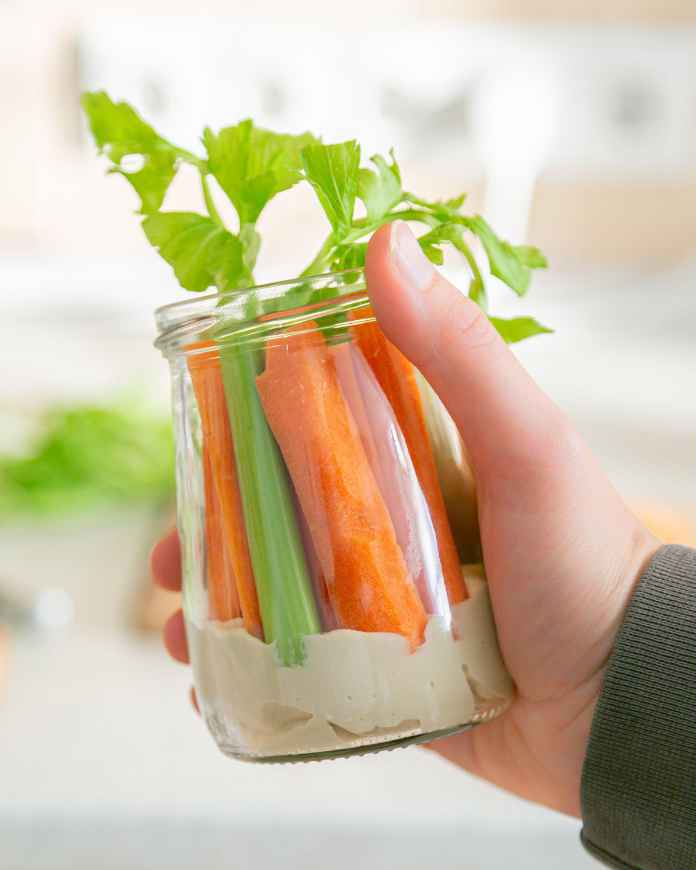
“Chickpeas are an excellent source of protein, fibre, antioxidant plant hormones (isoflavones) and iron to help prevent fatigue,” says Dr Brewer, who suggests sprouting your own by soaking dry, uncooked chickpeas then making hummus, for a “different, more refreshing taste”.
Cowell recommends dipping raw veggies in hummus: “Carrots and celery are great for your brain and eyes and will help concentration. Having a tasty hummus alongside will provide a protein boost to sustain your energy.”
4. Buckwheat
View this post on Instagram
If you’re on a fitness kick, Cowell says buckwheat is “a personal favourite of mine, and also with the athletes I have as clients. This gluten-free ancient grain is incredibly versatile. It can be made into a porridge, pancakes, bread and even added raw (one tablespoon blitzed) to a smoothie.”
5. Fruit

Fruit sugars have been somewhat demonised lately, but our experts say whole fruits are a wise choice when it comes to healthy snacks. “Although fruit contains natural sugars, most have a low to moderate glycaemic index and do not raise blood glucose levels excessively. Though don’t over-indulge on dried fruits,” says Dr Brewer.
Ripe bananas are “an ideal snack for those who are physically active, especially after exercise, as they are readily portable and easily digested”, and can boost your brain because the nutrients they contain “provide building blocks for the production of these important neurotransmitters”.
Meanwhile, Cowell says: “You can’t go wrong with a juicy pear or grapefruit to boost your vitamin C and immune system. Both fruits are high in fibre, generally well tolerated and digested, can lower cholesterol and aid weight loss.”
6. Protein balls
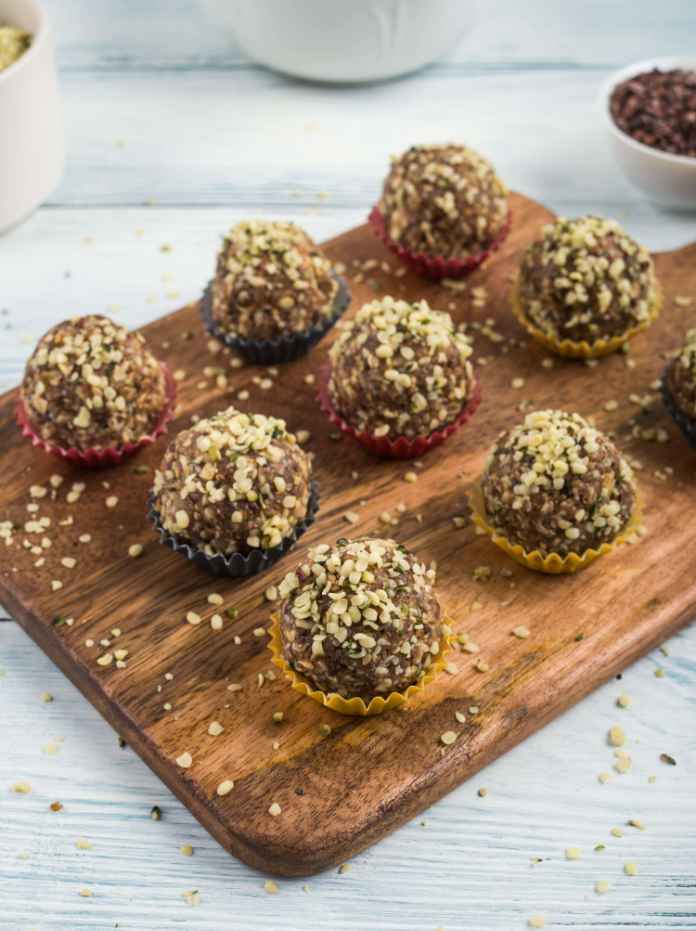
Low-carbohydrate, no-bake protein balls made with things like oats, healthy peanut butter and nut flours, can be made in advance for a quick bite, says Cowell: “Two or three (or whatever you can fit in the palm of your hand) will help lift your energy and stave off cravings.”
Her favourite variety is raw mint chocolate balls made with ground almonds, cacao powder, honey, cacao nibs and peppermint essence. “Combine all the ingredients together and mix well. Roll into bite-size balls and roll them in chia seeds, coconut or cocoa powder,” she says.
7. Avocado
View this post on Instagram
Think avocado is too high in fat to be healthy? Wrong. Dr Brewer says: “Your brain especially needs a supply of unsaturated fats to stay healthy and alert. Not enough unsaturated fats in our diet can lead to poor mental and physical health.”
Half an avocado seasoned and scooped out of the skin is the perfect portion size and provides “one of the highest protein contents of any fruit”, as well as being “an excellent source of healthy monounsaturated fats and having a low glycemic index”.
8. Sauerkraut
View this post on Instagram
“Fermented food such as sauerkraut (fermented raw cabbage) offers an abundance of health benefits, not least the promotion of healthy gut bacteria,” says Cowell. “You can easily make your own, but almost all supermarkets and health stores have this food on their shelves. I pop mine on a rice cracker, which I first spread with some hummus. I take the opportunity to sprinkle with paprika for an extra potassium boost.”
9. A boiled egg

Whether soft or hard, the humble boiled egg is “quick to make, easy to eat, and can provide an instant energy boost,” says Cowell. Boiled eggs are “high in vitamin A and powerful antioxidants, lutein and zeaxanthin, which also have anti-inflammatory properties, and provide a decent percentage of your vitamin D intake.”























































